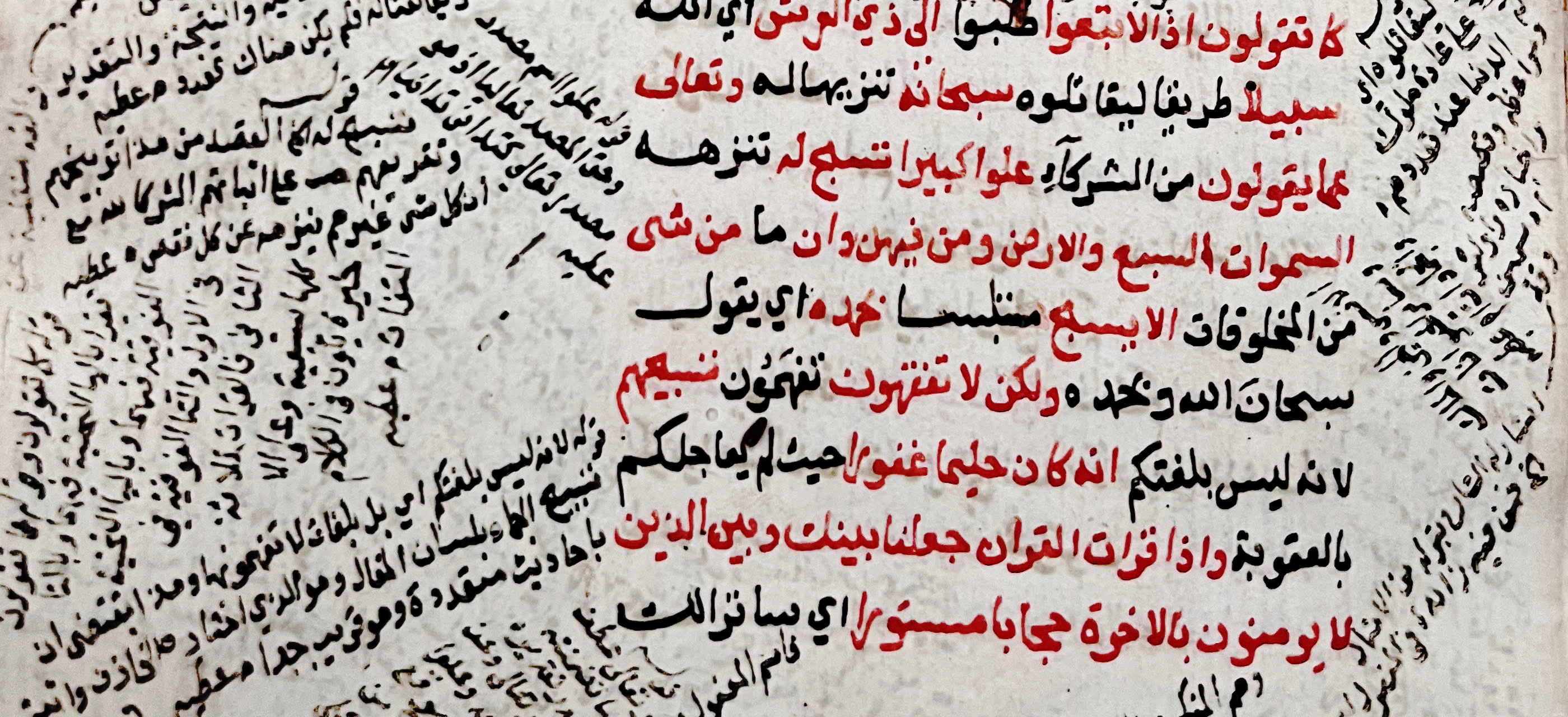Al-ʿAwtabī’s Kitāb al-Ansāb: Challenges in Attribution and Composition
Contenu
- Titre
- Al-ʿAwtabī’s Kitāb al-Ansāb: Challenges in Attribution and Composition
- Auteur
- Nābūda, Ḥasan Muḥammad al-
- Date
- 2025
- Dans
- Der Islam
- Résumé
- The Kitāb al-Ansāb (The Book of Genealogies) provides detailed accounts of the lineages and familial connections of Omani tribes in southeast Arabia, which is essential for understanding the social and political structure of the region during the premodern period. This book became an indispensable resource for historians seeking to write a comprehensive history of premodern Oman, as it was frequently quoted by later Omani historians and formed the foundation of premodern Omani cultural and religious practices. Compiled during the 4th/11th century, the identity of its writer has attracted much speculation. While widely attributed to an individual from the ʿAwtabī family, this attribution does not withstand scrutiny. This paper critically examines the author of the Kitāb al-Ansāb , his style and method, sectarian and factional affiliations, and attempts to place the text in its historical context. It argues that the author was most likely a nonsectarian moderate from the cosmopolitan city of Ṣuḥār, a coastal city in northern Oman, and completed the text in the year 345/956 or earlier. The confused and fragmentary condition of the text today is likely the result of subsequent copyists, with the oldest known manuscript dated 1086/1672. The paper concludes with a discussion of the extant manuscripts and a call for a critical edition.
- Langue
- eng
- volume
- 102
- numéro
- 1
- pages
- 39-66
- doi
- 10.1515/islam-2025-0003
- issn
- 1613-0928
- Titre abrégé
- Al-ʿAwtabī’s Kitāb al-Ansāb
Position : 27402 (24 vues)

